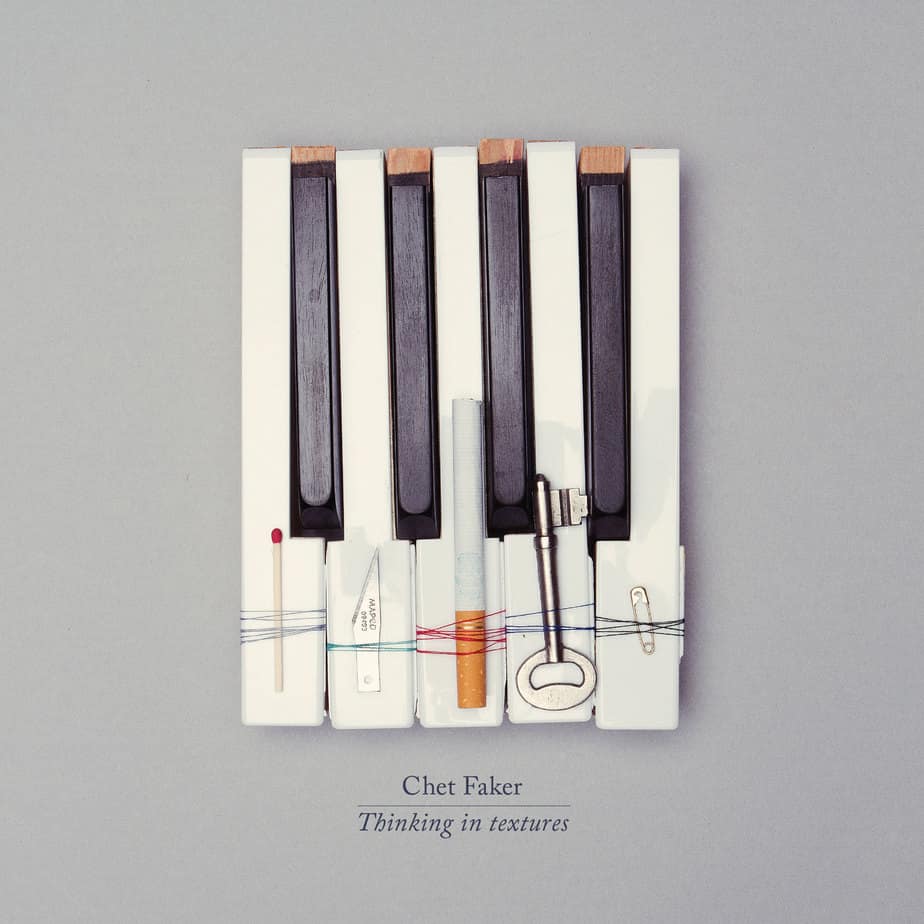
Norah Jones covering Soundgarden in last week’s feature was an example of the cover song as eulogy: a public, live performance in which one well-established musician pays tribute to another. This week presents the cover song as a personal act of fandom: a bedroom project that unexpectedly becomes a springboard to industry success.
The original “No Diggity” started its life as a demo nobody wanted. Producer/singer Teddy Riley pitched it to his original R&B group (an ensemble called Guy), but it never got recorded. Then, when suggesting it to Blackstreet, Riley was met with more indifference: “None of the guys liked ‘No Diggity’. None of them. They would even say it. That’s why I’m singing the first verse.”
That unwanted song became one of the decade’s biggest hits. It dislodged “The Macarena” from the #1 spot on the Billboard charts – an event for which we all owe Teddy Riley a debt of gratitude – and went on to earn a Grammy.
Fast-forward a generation and we find an aspiring electronic musician named Nick Murphy, who’s trying to synthesize the soul, jazz, and R&B sounds he grew up on into his own distinctive style. There’s already an established musician named Nick Murphy in his native Australia, so he creates a stage name by modifying the name of one of his influences, becoming Chet Faker.
The first song he releases under this name is a cover of one of his favourite 90s songs: “No Diggity”. It becomes a surprise hit, features in a ridiculous Super Bowl commercial, and turns into a fan-favourite at his shows. Some of his younger fans think it’s his original song, which he finds troubling. In 2015, he tells Vulture.com that “…half of me sees the ramifications of that, and it’s disappointing […] I feel annoyed to be a part of that ignorance, but at the same time, where I was coming from was an honest place. I was just covering a good song. How responsible am I for people’s misconceptions?”
It’s worth noting that about a year after he gave that interview, he retired the Chet Faker name and went back to releasing music as Nick Murphy. As far as I know, he’s dropped this song from his live shows.
So on the one hand, we have Teddy Riley, who believed in the song but struggled to get it heard, only to have it become a huge hit. And on the other hand, we have Chet Faker, who covered it and got famous, only to struggle with how tied to the song his identity became.
What makes this a beautiful song:
1. Listen carefully and you’ll hear some recordings of kindergarteners at play. Not sure why Murphy does this; he would have been in kindergarten when “No Diggity” was released, so perhaps it’s a reference to how old that makes me feel.
2. Whereas Riley’s vocals were smooth and confident, Murphy’s are pained and plaintive.
3. Whereas the original is laid-back, this one pushes with a strange feeling of urgency.
Recommended listening activity:
Giving yourself the benefit of the doubt..